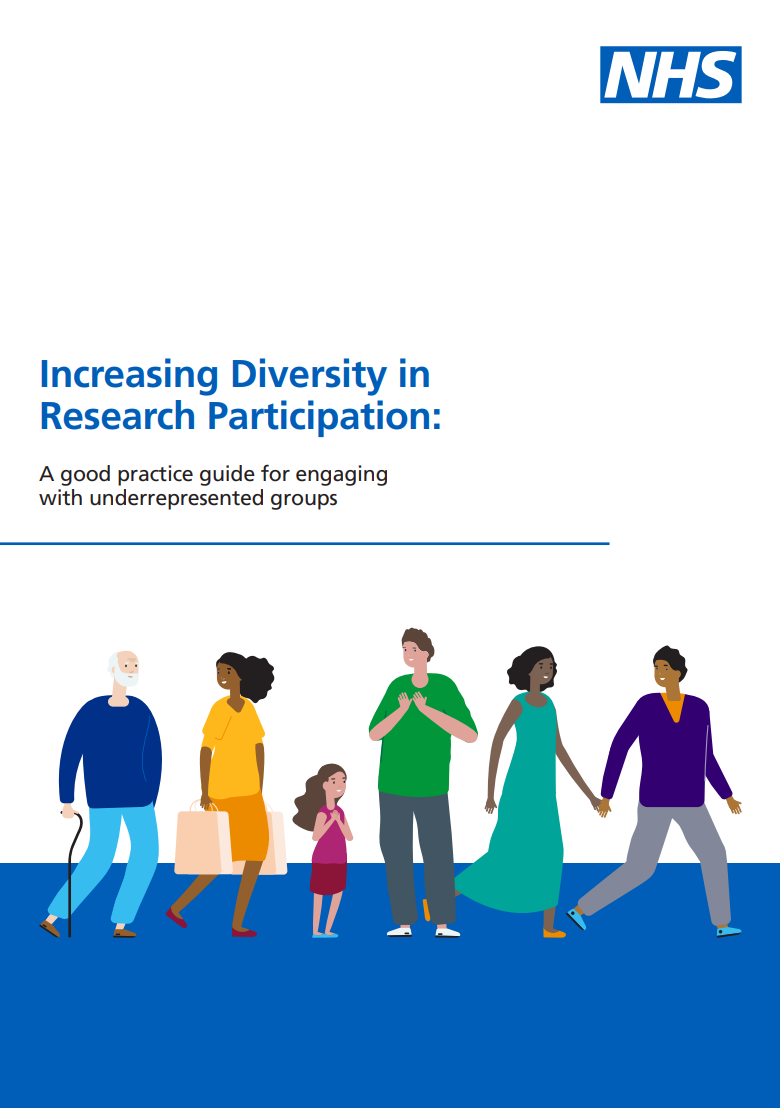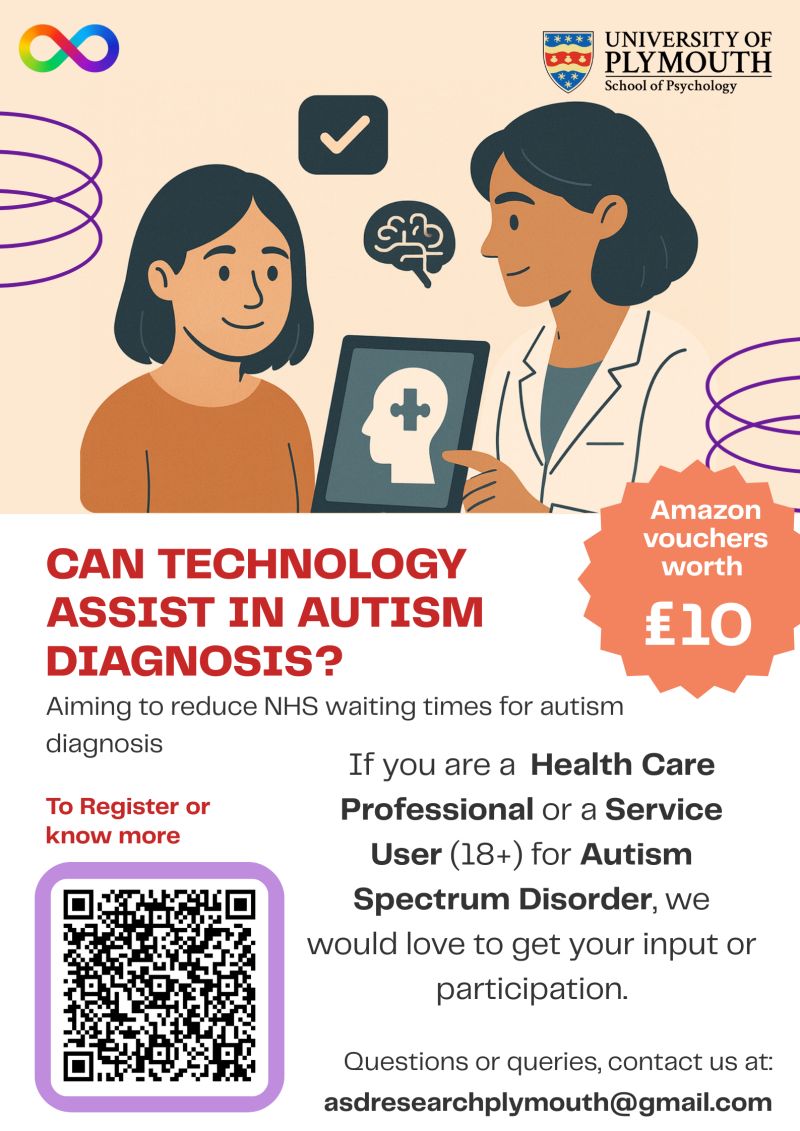Health and Care Research
What is health and care research and why is it important?
Research is a systematic investigation that creates new knowledge or deepens our knowledge about a problem or issue. It involves designing the study’s approach, planning the most appropriate methods to gather data, recruiting participants ethically, and analysing the data using established methods that provide valid and reliable results.
Health and care research adds to our knowledge and understanding about diagnoses, treatments and care, and people’s lived experiences. This knowledge helps us to deliver better services and contributes to the best health and wellbeing for people. Publishing the learning from research widely can positively impact health and care locally, regionally, nationally and internationally.
NHS England’s Long-Term Plan states an ambition to increase the numbers of people participating in research to 1 million people registering their interest by 2023/24. The government has set out the UK research vision (Saving and Improving Lives: The Future of UK Clinical Research Delivery - GOV.UK (www.gov.uk)) and has outlined the need to build on the learning from the COVID-19 pandemic, ensuring that NHS England has a strong commitment to increasing public participation in research. The success and high profile of public interest in research has been evidenced in the COVID-19 vaccine and treatment programmes. NHS England are working with other health sector partners to ensure research becomes an increasingly integral aspect of healthcare provision.
There is a specific need to increase the diversity of people who get involved in research, both as research recruits, and in study design. We know there is a prevalence of white, older people who get involved in research. Without diverse participants in research, there is a risk that research outcomes will not be as effective across diverse population groups and that research trials will not be designed to meet the needs of a diverse population.
Research in Suffolk and North East Essex
The ‘Community Voices in Research’ programme, funded by NHS England and developed in partnership with NHS Suffolk and North East Essex Integrated Care Board, aims to tackle the under-representation in research among diverse groups and communities in Suffolk and North East Essex, by increasing awareness and motivation to participate in research.
Community-led organisations in Suffolk and North East Essex were funded and trained to become community research champions. By facilitating conversations about health research amongst members of their community the aim was to:
- understand what research means to different communities.
- discover what areas of research are a priority for different communities.
- understand the barriers people face engaging in health research.
- discovering how these barriers can be overcome.
The programme enabled us to gather insight from an extensive range of communities and in total the 19 projects held over 1,000 conversations with people who face barriers to participating in research.
Get Involved - Be part of Research
What is Be Part of Research?
Be Part of Research is a UK-wide service that helps people understand what research is and what it might mean to take part. It also shows what research is currently happening across the UK.
You can create a free account or search for trials and studies into health conditions you’re interested in, at locations near you.
Be Part of Research is run by the National Institute for Health and Care Research (NIHR), in collaboration with the NHS and devolved administrations in Scotland, Wales and Northern Ireland. The mission of the NIHR is to improve the health and wealth of the nation through research. Be Part of Research is funded by the UK government, through the Department of Health and Social Care (DHSC).
Why take part in research?
Every time someone receives treatment for a health condition, it's because of the many people who take part in health and care research.
Research is key to developing new treatments, finding better ways to manage health conditions and providing better care. Or preventing people from developing conditions in the first place. Without research, there would be no Covid vaccines, or no new treatments for cancer. But it's the people who take part in health research who make these vital discoveries possible. By taking part, you can help give people healthier lives - now, and in the future. It's easy to get involved - simply register with Be Part of Research at https://bepartofresearch.nihr.ac.uk/join
There are many ways you can get involved:
- Click on the Subscribe button to the right of the screen to stay informed about health and care research in Suffolk and North East Essex.
- Click on the Register button and participate on Let's Talk SNEE to stay informed about wider health and social care in Suffolk and North East Essex.
- Find out more about our Suffolk and North East Essex Research Engagement Network by completing the form below.












